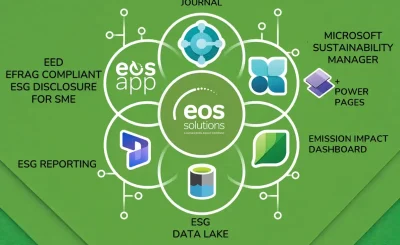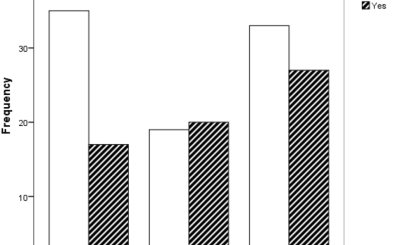The gig economy is an alternative way of working that involves temporary arrangements between employers and independent contractors. It has become increasingly popular among young people who seek jobs that provide them with greater flexibility and freedom.
Though gig work offers its advantages, there are also drawbacks such as lack of job security, unpredictable income streams and inconsistent pay.
Flexibility
The gig economy is revolutionizing how people make an income. It offers flexibility not available with traditional nine-to-five jobs and allows workers to pursue multiple jobs simultaneously.
Businesses benefit by hiring off-site workers, eliminating large expenses like employee benefit packages and retirement plans. Furthermore, the gig economy offers a diverse range of work opportunities from freelance or independent contract work to new roles like social media management.
According to Hall and Krueger (2015), the ability to set your own schedule is a major motivator for those employed in the gig economy. According to these researchers, workers need this flexibility due to school commitments, child care responsibilities or other obligations.
Earning potential
Assessing the effect of the gig economy on personal finances can be tricky. It depends on a person’s skill and earning potential as well as how long they plan to pursue that work.
Gig workers are independent contractors with no fixed job hours and no access to benefits like health insurance or pensions. However, this type of work can be a lucrative way for people to generate extra income.
At present, over 59 million Americans are actively engaged in the gig economy. This includes those employed by apps like Uber, TaskRabbit or DoorDash as well as freelancers and small business owners.
Taxes
Work can have a considerable effect on your personal finances. Self-employed individuals must pay taxes on their earnings and may need to invest in health insurance and retirement plans.
The flexibility of the gig economy can be attractive to modern workers who desire to maintain their lifestyles while earning additional cash. A flexible schedule also enables individuals to spend more time with family or travel.
The rise of the gig economy is driven by several factors. One major driver is technological advances that make it easier for consumers to order goods and services remotely.
Insurance
Insurance is an essential aspect of personal finance, particularly for gig economy workers who aren’t covered under their employers’ policies and must purchase their own coverage.
General liability and professional indemnity insurance are two common types of coverage for gig workers. In addition to protecting you financially, getting this kind of protection could protect you and your family in case of an accident or illness.
Traditional insurers face a challenge providing these new types of policies, but there’s also an opportunity for them to collaborate with insurtech companies. These tech firms possess the resources needed to quickly and easily adjust to the gig economy. They can offer short term, on-demand policies tailored to gig workers’ needs while offering customers an enhanced customer experience.
Retirement
Retirement is a significant milestone that will impact personal finances. It’s essential to take into account how much income you will need during your golden years and create an appropriate plan.
Many people’s answers to this question will depend on two factors: when they plan to retire and how much money they have saved up. Traditionally, retirement income comes mainly from three sources: Social Security benefits, pensions and personal savings.
The gig economy can have both positive and negative effects on retirement. On one hand, it offers an opportunity to earn extra money and reduce work-related expenses; however, on the other hand, it could potentially impact your ability to receive Social Security benefits.










